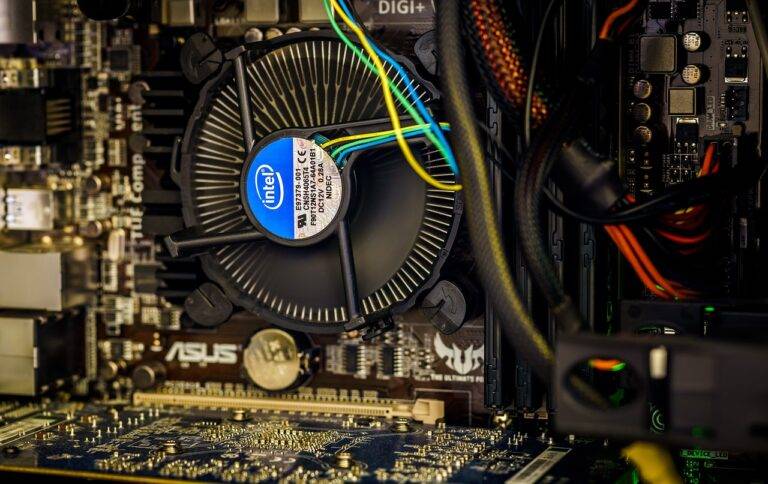The Role of Blockchain in Real Estate Transactions
Blockchain technology is revolutionizing the real estate industry, offering new opportunities for transparency, efficiency, and security in property transactions. By leveraging blockchain’s decentralized ledger system, real estate professionals can streamline processes, reduce fraud, and improve trust between buyers, sellers, and intermediaries.
One of the key ways blockchain is transforming real estate transactions is through the use of smart contracts. Smart contracts are self-executing contracts with the terms of the agreement directly written into code. By using blockchain technology, smart contracts can automate and enforce the execution of contractual agreements, eliminating the need for intermediaries such as lawyers or escrow agents.
Enhanced Transparency and Security
Furthermore, blockchain provides enhanced transparency and security in real estate transactions by creating a tamper-proof record of property ownership and transaction history. Each transaction is recorded on the blockchain in a secure and immutable manner, providing a transparent audit trail that can be verified by all parties involved.
Moreover, blockchain technology enables the tokenization of real estate assets, allowing properties to be divided into digital tokens that can be bought, sold, and traded on blockchain-based platforms. This fractional ownership model opens up new opportunities for investors to participate in real estate markets with lower barriers to entry and greater liquidity.
Streamlined Processes and Reduced Costs
Another benefit of blockchain in real estate transactions is its ability to streamline processes and reduce costs. By eliminating the need for intermediaries and automating administrative tasks, blockchain technology can significantly reduce the time and resources required to complete property transactions.
Additionally, blockchain-based platforms can facilitate peer-to-peer transactions, allowing buyers and sellers to transact directly without the need for traditional intermediaries such as banks or title companies. This disintermediation can lead to lower transaction costs and faster settlement times, benefiting both parties involved in the transaction.
Challenges and Considerations
Despite its many benefits, the adoption of blockchain in real estate transactions also presents challenges and considerations. One challenge is the need for interoperability and standardization across blockchain platforms and systems. In order for blockchain technology to be widely adopted in the real estate industry, it is essential for different blockchain networks to be able to communicate and interact with each other seamlessly.
Furthermore, there are considerations related to data privacy and security when using blockchain technology in real estate transactions. While blockchain provides enhanced security through its decentralized and immutable ledger system, it is important for real estate professionals to implement robust security measures and encryption protocols to protect sensitive information.
Future Outlook
Looking ahead, the future of blockchain in real estate transactions looks promising. As blockchain technology continues to mature and become more widely adopted, we can expect to see even greater innovation and transformation in the real estate industry.
From smart contracts and tokenization to enhanced transparency and security, blockchain has the potential to revolutionize every aspect of real estate transactions, making them more efficient, secure, and accessible to a wider range of participants.
FAQs
Q: What is blockchain technology?
A: Blockchain technology is a decentralized digital ledger system that records transactions across multiple computers in a secure and immutable manner.
Q: How is blockchain used in real estate transactions?
A: Blockchain is used in real estate transactions to enhance transparency, security, and efficiency by providing a tamper-proof record of property ownership and transaction history, automating contract execution through smart contracts, and facilitating peer-to-peer transactions through tokenization.
Q: What are some challenges of using blockchain in real estate transactions?
A: Some challenges include interoperability and standardization, data privacy and security, and regulatory compliance.
In conclusion, blockchain technology is transforming the real estate industry by offering new opportunities for transparency, efficiency, and security in property transactions. From smart contracts and tokenization to enhanced transparency and security, blockchain has the potential to revolutionize every aspect of real estate transactions, paving the way for a more efficient, secure, and accessible real estate market.





